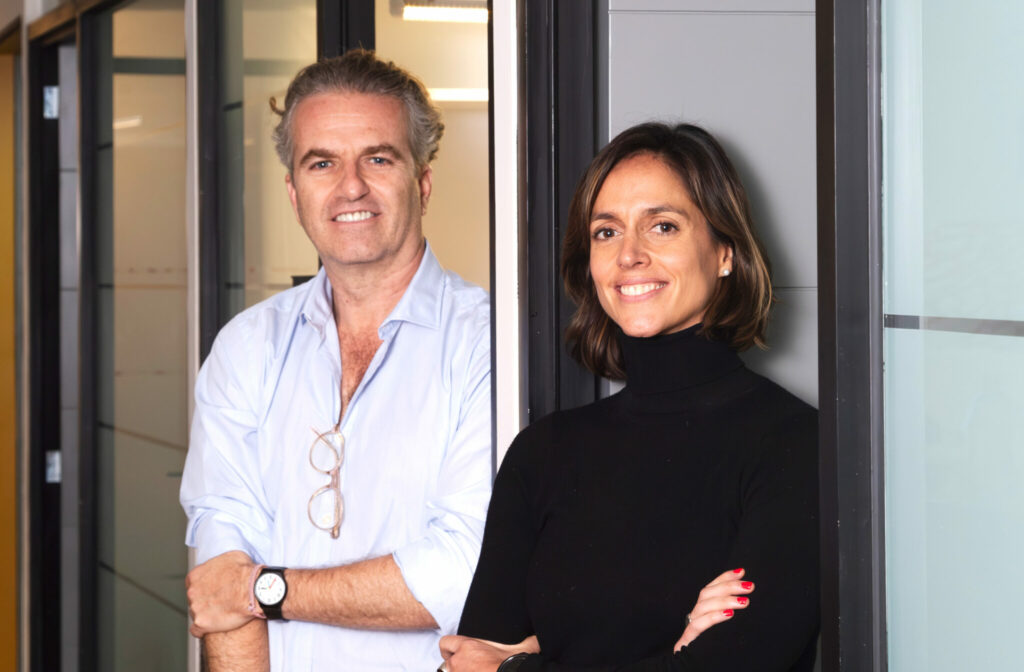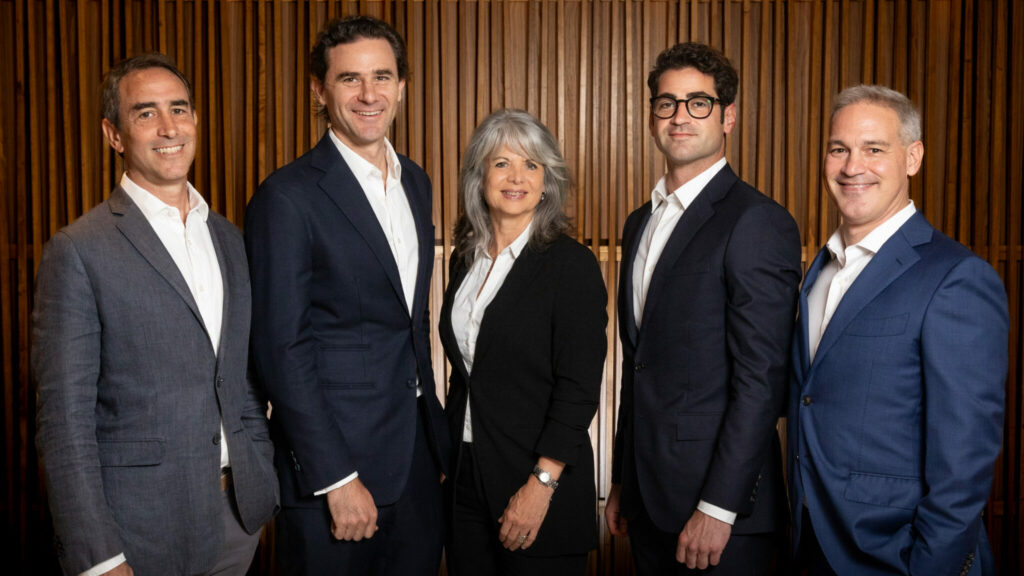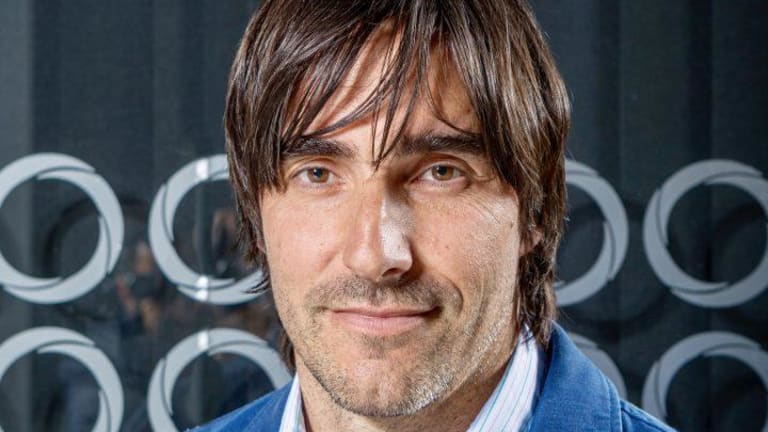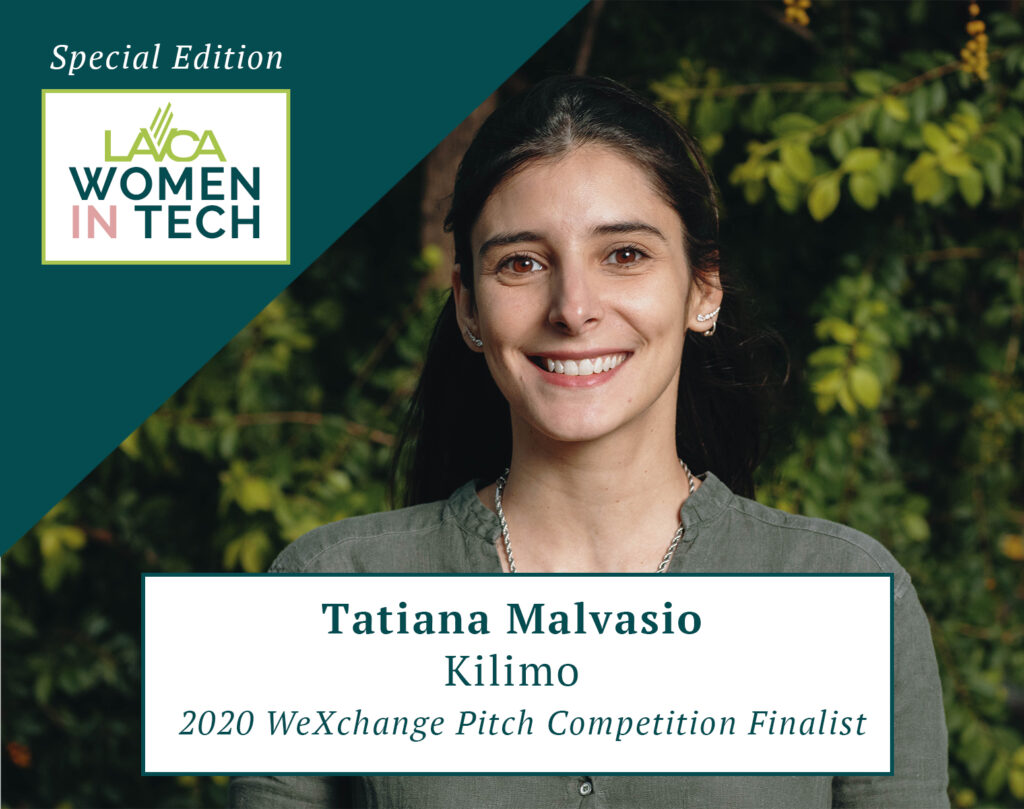Entrepreneur Profiles
Entrepreneur Profile: An Interview with Daniel Avizú, ZoeMob
26 January 2012

ZoeMob Co-founder, Daniel Avizú, spoke with the Latin America PE/VC Report about how his previous job in Brazil sparked an idea that is now a growing start-up reaching customers around the world.
 LAVCA: Give us the elevator pitch on ZoeMob.
LAVCA: Give us the elevator pitch on ZoeMob.
Avizú: ZoeMob is a mobile service based on smart phones and tablets, which uses real life information to identify behavior changes. The first product we released was our Family Safety Service, a mobile based service that allows families to track their children, monitor their mobile usage and be aware about sexting, bullying, alcohol, drugs and related content sharing. Six months after its release we hit the 200,000 registered users mark, and the growth rate indicates we’ll have more than 1 million users in the next six months.
LAVCA: How did you come up with your business idea?
Avizú: In 2009 I was an engineering manager at a retail systems company. I had many employees throughout Brazil and sometimes it was very difficult to ensure that they were fulfilling the right work order with respect to place and time, and meeting our service level agreements. That’s how the initial idea started to evolve; all the employees had a handset, so a mobile app could send me their positioning online, and I could cross this data with the information on my work order. I left the company, but kept the idea. I shared the idea with a friend, Hélio Freitas, who is my partner today. After some studies, we decide to start a prototype and test the market fit for both personal and corporative needs. After a couple of weeks of tests, it was very clear to us that the personal edition had a very strong market fit, not because people were wondering about their handsets, but because people care about people.
LAVCA: Where is ZoeMob available now? Do you have expansion plans?
Avizú: We currently have users in all over the world with more than 70% outside of Brazil (US, Korea, Europe and other Latin America countries). Our service is available in English, Portuguese and Korean, and it will be available in Spanish by the end of January. We are aiming to have our service localized in more than five languages in 2012. Beyond the languages, we are working on billing and currency alternatives to fit better the main markets around the world.
LAVCA: Who is your competition? What makes you better than your competition?
Avizú: Our two main competitors are in the US market – Safely and Life360. However, we believe we offer a more complete set of features and have developed proprietary technology which allows families to be alerted to behavioral changes. For example, if your son gets off the school bus earlier than usual, but doesn’t arrive home on time, you will receive an alert.
LAVCA: How does your background help you to succeed in managing your business? Have you ever started a company before?
Avizú: I’m an economist and software engineer. I had the opportunity to work as a manager and consultant on some of the largest technology companies in Brazil. That gave me a good background about business processes and technology. Hélio Freitas was in charge of many online products and e-commerce at some of the biggest Brazilian media companies for more than 10 years. For both of us, ZoeMob was the first opportunity to start a company by ourselves.
LAVCA: What sort of financing have you received thus far?
Avizú: Our first investment was from an angel investor and co-founder of Anjos do Brasil, Cassio Spina, in 2011. Before that, we financed the business with money from our own pockets.
LAVCA: How did you initially come in contact with Cassio?
Avizú: I participated in local events for entrepreneurs, including BRNewTech Meetups, organized by Bedy Yang. I had the opportunity to give the ZoeMob elevator pitch, and some funds demonstrated interest on our business. We met with multiple potential investors to discuss our business plan, and the conversations were very strong with about four. However, for a variety of reasons, we decided to work with Cassio. It was the right fit for us. The entire process actually happened quite quickly; it took 71 days from initial meeting to signed agreement.
LAVCA: What factors did you consider before taking on angel investment? What did you see as the pros and cons?
Avizú: We’d developed a minimum viable product to demonstrate our development abilities to the investor, but we needed capital to establish the infrastructure (support, billing, etc.) and develop the final product.
Beyond the money, we also wanted somebody with expertise on startups and entrepreneurship to coach us, help open doors and help us leverage our business. I looked for a partner who had the same strategic view we had and also could improve our plan with points we didn’t see. This expertise was more of a priority than the money, because finding money can be easier than finding somebody who possesses all of the other abilities we felt were necessary to grow our business.
LAVCA: What is your most pressing strategic challenge right now?
Avizú: Once we assessed where our product fit into the market, our challenge is to grow, grow and grow. But we need to achieve sustainable growth, which means keeping our sales conversion rates and increasing our growth speed. The steps to achieve this include finding an optimal price range for each market we operate and fine tuning of our product to meet all the users’ needs and keep exceeding their expectations.
LAVCA: Where do you see ZoeMob five years from now?
Avizú: Our main goal is turn ZoeMob into a reference for real life behavior analysis. That will allow us to offer a large set of products that brings valuable benefits to people’s real life, and also increases our company’s value.
While ZoeMob Family Safety Service was our first product, we believe our technology can be applied to many different industries, such as insurance and banking. We will be launching new products over time.
LAVCA: What is your opinion on the current state of entrepreneurship in Brazil?
Avizú: In my opinion, Brazil has always had good entrepreneurs in various market segments, but we didn’t have good economic conditions that made an attractive investment environment or provided the necessary tools for entrepreneurs. About two years ago we saw this start to change – and fast. Some investment networks, such Anjos do Brasil were organized, as well as meet-ups, and other weekly events where entrepreneurs can show their ideas, business plans and network. It also forced the entrepreneurs to be more organized and prepared in order to share their business with knowledgeable audiences. I think this has been a very important positive change here in Brazil and the results of this will be reflected for many decades from here.
You may be interested in...
-

Is AI a Thing in Latin America? In Conversation with Hi Ventures
LAVCA sits down with Hi Venture to discuss their evolving thesis and vision for...
-

The Future of B2B Startup Investing in LatAm: In Conversation with NXTP
NXTP Ventures recently reached a USD98m final close for NXTP Fund III, its third...
-

A 20-Year Journey: An Interview with Technisys CEO Miguel Santos
Company: Technisys Investors: KASZEK, Dalus Capital, Riverwood Capital Interview...
-

Satellite Analytics & Irrigation Systems: Interview with Kilimo COO Tatiana Malvasio
Company: Kilimo Investors: NXTP Ventures, Alaya Capital, The Yield Lab, Xpand...